Zimbabwe: Twinning scheme to benefit farmers
- The Herald
- 10 May 2011
Farmers will provide part of their land to Hubei Province of China, which, in return, will fund their operations up to harvesting before buying the produce.

Farmers will provide part of their land to Hubei Province of China, which, in return, will fund their operations up to harvesting before buying the produce.

Los gobiernos de Argentina, Brasil y Uruguay comienzan a proponer leyes para poner coto a la avidez extranjera por sus codiciadas y extensas tierras aptas para la producción de alimentos.

Groups from across the U.S. are highlighting the dangers in a convergence of some of the world’s leading agribusiness and investment firms at a Chicago conference that starts today.

FAO side-event in the margins of the 4th United Nations Conference on the Least Developed Countries (LDC-IV) in Istanbul, Turkey, on 11 May 2011

The world's largest commodities trader and major farmland owner is issuing a stock sale, and critics say the firm causes spikes in food prices.
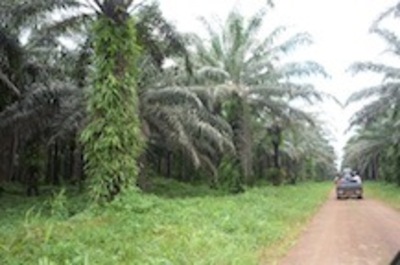
Increasing industrial production of oil palm in sub-Saharan African countries, carried out by foreign corporations, is destroying the livelihoods of thousands of Africans and the biodiversity of ecosystems.

The Arab Investment and Export Credit Guarantee Corporation has pledged to exert more efforts to expand its operations in Sudan and to cover exports' security and credit at the level of all Arab investors in Sudan.

Brazil may start leasing farm land to foreigners to find a way around new legal restrictions on land sales and attract more foreign investment, the agriculture minister said.

O Brasil pode adotar uma política de arrendar terras agrícolas para estrangeiros, no que seria uma forma de driblar restrições legais à venda de propriedades para empresas do exterior e fomentar investimentos no setor, afirmou o ministro da Agricultura, Wagner Rossi.
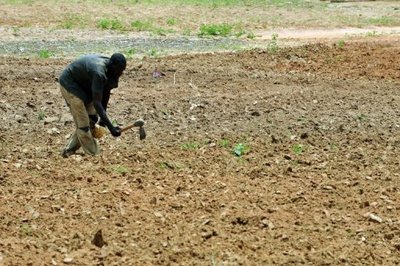
Accaparement des terres au Mali vue par David Solon, directeur de la rédaction de Terraeco.

SABLs have been used to take control of over 5 million hectares of land away from local people in the last few years. This means more than 10% of Papua New Guinea’s total land mass is now under the control of corporations.
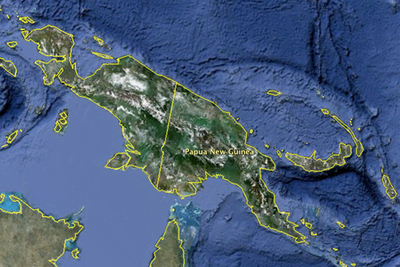
The government of Papua New Guinea suspended its Special Agricultural and Business Leases program which has granted concessions to mostly foreign corporations across 5.2 m ha of community forest land
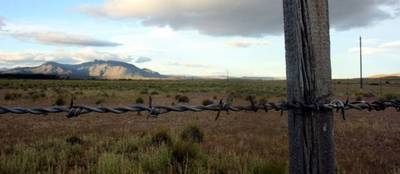
Cristina Kirchner a présenté un projet de loi qui limite les rachats des terres par des personnes physiques, des gouvernements et des sociétés étrangères.
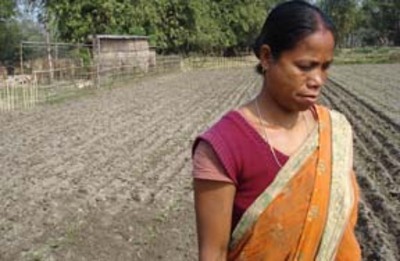
Are land and water rights for real? How can they be guaranteed in the face of the insurmountable bargaining power that big corporations seem to posses?

When land deals were first proposed, they were said to offer the host countries four main benefits: more jobs, new technology, better infrastructure and extra tax revenues. None of these promises has been fulfilled.